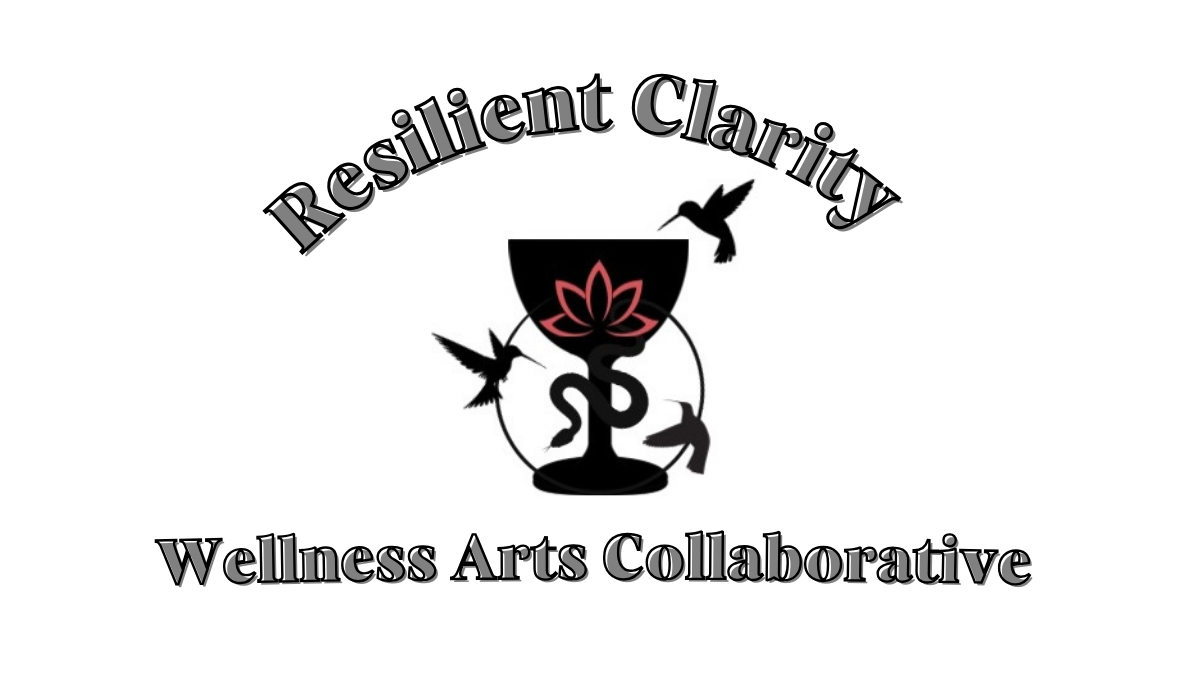If you’ve ever found yourself over-explaining, over-analyzing, or going on an unplanned deep dive into your own psyche while replying to a Facebook comment—welcome to the club. It’s something I’ve done more times than I can count.
Recently, I responded to a post in an ADHD group about how complex trauma (C-PTSD) and ADHD can interact. What started as a simple comment turned into a full-blown brain dump, spiraling through philosophical reflections, personal insights, and the nagging realization that I was neglecting my own basic needs while typing furiously at my screen.
It got me thinking—why do I do this? And if you’re reading this, maybe you do it too.
ADHD, Trauma, and the Urge to Over-Explain
There’s something about ADHD and trauma that creates an internal war zone of thoughts. It’s like having two competing minds: one that impulsively wants to act and another that pulls back, analyzing everything to death.
In my case, replying to that comment felt urgent, almost life-or-death important. I caught myself suppressing my own needs—ignoring my body’s signals to eat, move, and take a break—because my mind had latched onto this conversation as something I must complete. But why?
Here’s what I’ve come to realize:
- A Need for Clarity & Resolution
- ADHD makes my thoughts race, and trauma makes me second-guess them. The result? I feel an intense need to clarify, explain, and analyze—almost as if I’m trying to convince my own brain that I understand something.
- Fear of Miscommunication
- Growing up, I learned that being misunderstood could have consequences. Whether it was disappointing someone, being dismissed, or facing outright punishment, there’s a deep-seated need to be perfectly clear so nothing can be taken the wrong way.
- An Emotional Drive to Connect
- The moment I started writing, I realized—I am starved for genuine human connection. ADHD can make it hard to regulate emotions, and trauma teaches us to hold them in. So when I finally let it all out, it pours out.
- Hyperfocus on “Figuring It Out”
- My brain is wired to solve problems, and in that moment, the problem I needed to solve was why am I like this? That’s why my response wasn’t just about the commenter’s point—it became about me trying to unravel my own mind in real time.
- Medication & Thought Loops
- Let’s be real—sometimes stimulant medication can amplify overthinking. Did Vyvanse help me focus? Absolutely. Did it also make me hyperfocus on one comment, turning it into a self-psychoanalysis session? Also yes.
How to Break the Cycle (Or At Least Slow It Down)
If you’ve ever caught yourself doing the same thing—overexplaining, spiraling into self-analysis, or feeling an unstoppable urge to reply—here are a few things I’ve found helpful:
- Pause Before Responding 🛑
Before you hit “reply,” take a deep breath. Ask yourself: Why am I replying? Is it to add value, or am I fulfilling an emotional need? - Set a Word Limit ✍️
Try giving yourself a max of three sentences per reply. If you need to say more, journal about it first. - Prioritize Basic Needs First 🍽️
If you realize you’re ignoring food, water, movement, or rest in favor of a deep-dive reply, stop and take care of yourself first. - Recognize the Emotional Hook 🎣
Ask yourself: What emotion is driving this? Am I feeling unheard? Misunderstood? Anxious? Sometimes just naming the emotion can help loosen its grip. - Channel the Energy Elsewhere 🔄
If you have the urge to explain everything, maybe that energy is better suited for a blog post, journaling, or even talking it out with a friend.
The Takeaway
At the end of the day, my response wasn’t “wrong.” It just reflected where my mind was in that moment—caught between ADHD’s impulsive drive and trauma’s hesitation. But here’s the thing: healing doesn’t happen by trying to silence one voice or the other—it happens by learning to integrate them.
So if you ever find yourself word vomiting, overanalyzing, or chasing a reply like it’s your life’s purpose—pause, breathe, and ask yourself: What do I really need right now? Because sometimes, the answer isn’t to write more. It’s to simply be.
And with that, I’m going to step away from the screen, eat some lunch, and remind myself that I am not my racing thoughts—I am the one who observes them.
Much ❤,
-Justin

Leave a Reply
You must be logged in to post a comment.